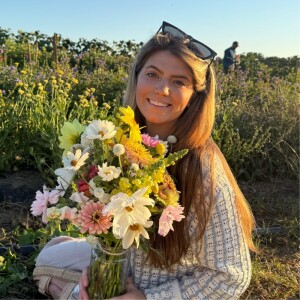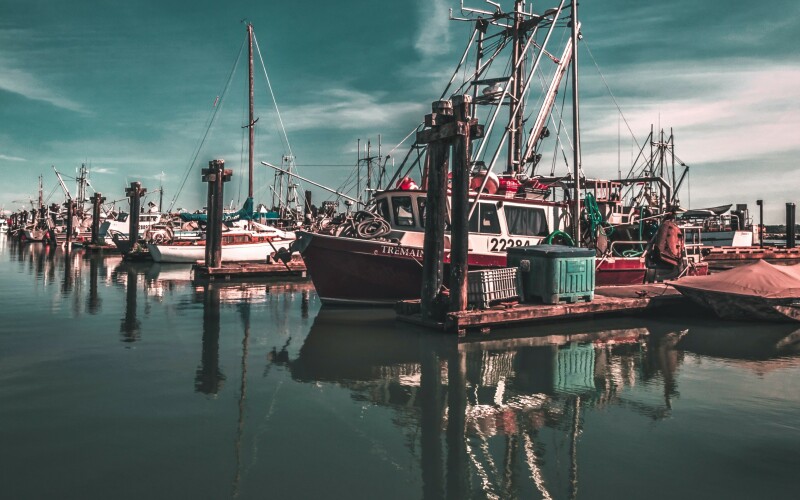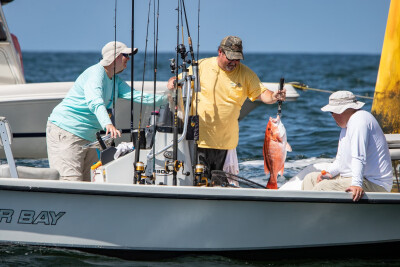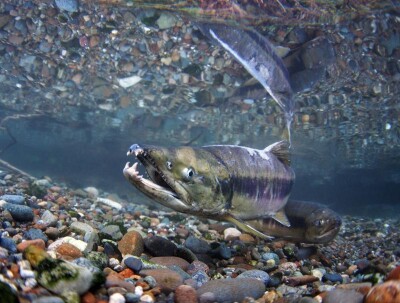The fishing industry is the backbone of nearly all coastal communities in the United States, but the challenges they’re dealing with are both novel and formidable. Everything from permitting issues to the woes of old gear to budget gaps on account of market prices is keeping many from moving forward. Where can this industry turn to in order to find the support they need?
A proud Pacific Northwest bank, First Fed is helping fishermen understand the different kinds of loans they are qualified for and can represent a path forward. First Fed can lend a hand to individuals who have been in the commercial fishing industry or are just starting out. That capability stems from their expertise as much as experience that has been specifically tailored to commercial fishermen.
“I’m a third-generation Norwegian, and fishing is in my blood,” said Arne Arnesen from First Fed. “I know how to break things down in terms fishermen understand within their industry. We can tell them what’s important to the process, and there’s nothing that we haven’t seen before other than a boat being built on time. We have updated features of our program such as longer amortizations depending on the situation of the loan, and we have the flexibility for it to be repaid over 30 years.”
Arnesen, along with Jake Dixon and Scott Montgomery are part of the First Fed team that came on board in November of 2022 to meet the needs of all West Coast commercial. Combined, the three have over 60 years of industry knowledge. Some of their maritime lending specialties include boat loans, quota loans, permit loans, shipyard financing, and operating lines of credit.
“We have built up our expertise among many fisheries up and down the coast,” Montgomery, told National Fisherman. “We have created custom programs, and for example, if a fisherman lives in Washington but participates in various state fisheries throughout the year, we can set the different quotas or boat loans to work with fishing schedules.”
With the graying of the fleet becoming increasingly pronounced in the commercial fishing community, banks need to focus on helping the younger generation that may have never taken a loan. Creating the possibility for these younger men and women who qualify for entry-level permits to get the loans they need can help ensure the future of the US commercial fishing industry.
Numerous fisheries are stretched from Alaska to California, where money only comes in during certain seasons. First Fed can offer the flexibility of a loan to accommodate what works best for you and your fisheries. With one annual payment due anytime throughout the year and the ability to stack a new loan onto an existing one.
Arnesen mentioned a fisherman they had worked with who purchased quota through a First Fed needed to change the parameters of the loan while still working out on his boat. The team was able to add to the one loan four different times that month without having the fisherman step off from his boat. Providing flexibility to these small business owners through a small bank can be a lifesaver.
“We can work closely with these fishermen to change rates and refinance loans, which isn’t something federal government loans can do,” Arnesen continued. “We can do 100% financing, and we can finance more than something if you have other equity. You don’t want to have a new loan every time you want to buy more quota in a fishery. We can add it to an existing loan and keep it all together.”
The West Coast has some of the highest volume of maritime residents in the country, and it is essential to have a resource and a place to start, regardless of whether it’s your first loan or not. That starting place should be a conversation with someone who can explain the details in terms you understand.
“You don’t pay a banker by the hour, like an attorney or a CPA,” Arnesen said. “That’s why as a first steps in the loan process, we recommend you talk to a banker. Too frequently people sign a deal with a broker before they have the financing for a boat or quota, which really puts them at risk. We can crunch the numbers and tell you what you will qualify for, which is a real differentiator because, many times, brokers don’t have that exact background.”
First Fed’s focus on developing relationships with the individuals that make up this community is second to none. Few other lending institutions feature a team that understands the need to expand and support fishing operations. That understanding has allowed First Fed to explore avenues best suited to various lifestyles and investments within this industry. First Feds’ focus on small business owners and owner-operators has allowed them to connect with fishermen who need a level of service and industry expertise from a banker who truly understands the ins and outs of this industry.
“The education process is where I have done some of my best work and added quite a bit of value: not only for customers but also for people that didn’t even end up borrowing money from our bank,”
Catch the team at this year’s Pacific Marine Expo in Seattle, November 8-10. A Dockside Chat session held by First Fed on your next large purchase that needs financing will be held Wednesday from 12:15-1 p.m. in the NF Wheelhouse Booth.
First Fed has a new office in Edmonds, WA, available for meetings with maritime bankers. They can also chat through the website's First Fed Maritime Loans tab.







